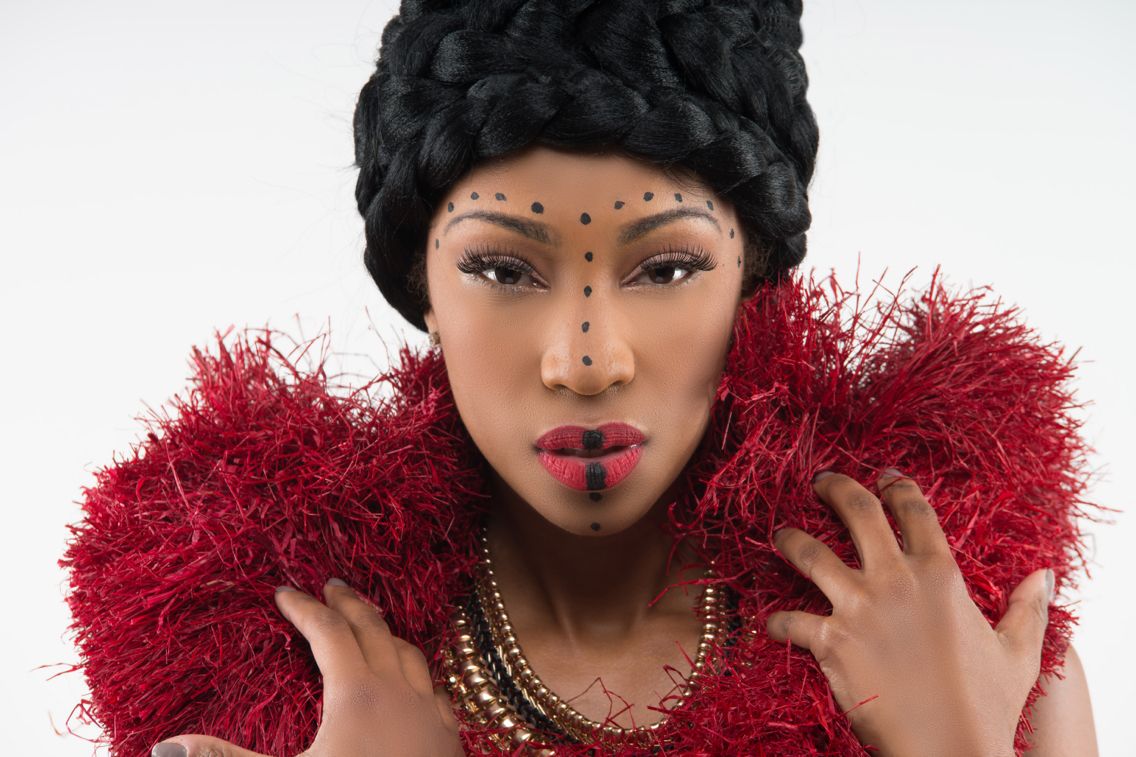Ibibio people, like other ethnic groups, have their own taboos that began in ancient times. No matter how you see them, these taboos shape Ibibio culture through the strong core values and original social norms that they birth.
As in other cultures round the world, Ibibio taboos serve as a way to maintain order in society. They spelt prohibitions that went with sanctions against offenders.
Let’s look at 5 major taboos the colonial masters met when they arrived Ibibio land.
The Grand Child (Ayeyin) Taboo
The status of ‘grandchild’ was held high in ancient Ibibio society. The society than gave the Ayeyin social and traditional respects. This gave him lots of powers, especially in his maternal grandfather’s estate.
The child of a daughter was exempted from many forms of punishment even for crimes s/he committed in his/her grand parents’ village. If you violated these grandchild taboo, your penalty was grievous.
Although no longer as severe, the grand child taboo is still in effect in today’s Ibibio communities. This is one taboo that is practiced in all related tribes to the Ibibio especially the Annangs, Ekids and Mbuzo.
Food Taboos
There are foods you cannot eat in Ibibio land though these vary from sub-tribe to sub-tribe. For example, where you find a totem, that becomes a taboo. And most totems are plants or animals. The Leopard is a generally accepted totem everywhere among Ibibio people. This is why, in many parts of Akwa Ibom, you cannot eat a Leopard.
In the Itam area of Itu LGA, monkeys roam free. This is because, till today, they forbid the eating or even killing of monkeys.
Twin-Birth (Amana mba)
The story of the killings of twins is popular. Pre-colonial times left many mothers in tears for giving birth to twins. The mothers were banished as outcasts from the village to evil forests, according to history. The society at that time thought that this act cleansed the land.
The question now is, what was the fate of triplets, quadruplets and other multiple births other than twins? Further research is ongoing to confirm.
Sex related taboos
A woman who committed adultery could lead to the death of the husband through the ‘ekpo nka owo’ phenomenon. This referred to an unseen spirit that took the life of any husband who covered up the wife’s adultery. This is still in force especially amongst traditional Ibibios who live in the rural settings.
Also, it was a serious sacrilege to have sex with a dead person whether as a man or a woman. Ibibio people believed that the dead had transited into the spirit world. And anyone who had intercourse with their bodies was said to be talking with the dead in a vile way.
Furthermore, sexual intercourse with a mourning woman was dishonour to the woman’s dead husband and brought serious danger to the community.
Incest was another taboo. It brought spiritual and social consequences to both the family and community at large.
Birth Defects
Ibibio ancestors viewed abnormal births such as birth deformities and defects etc. viewed with much disdain. In fact they had the babies killed. And then they made sacrifices to cleanse the land. Presently, the killing of deformed babies is no longer as widely practiced as in pre-colonial times. Sentiments against such births remain the same in deep rural Ibibio areas, however.
Taboos were inseparable from supernatural beliefs of the people. In today’s civilization, people throw out many of those beliefs as irrational and foolish traditional practices. But believe it or not, Ibibio people in ancient times had reasons to adhere to their taboos. There were events that science cannot explain, but we will talk about that topic some other time.
Read more on Ibibio Taboos through the book ‘Ibibio Nation: People & Culture’ by Oto-Obong Uwah. Get it here.
Brownson Nseime is writer, data enthusiast, digital marketer and intern at Jabborro PR.
Uduak Umo is a PR manager, physicist and business developer. He writes in from Jabborro PR, Uyo, Akwa Ibom State



